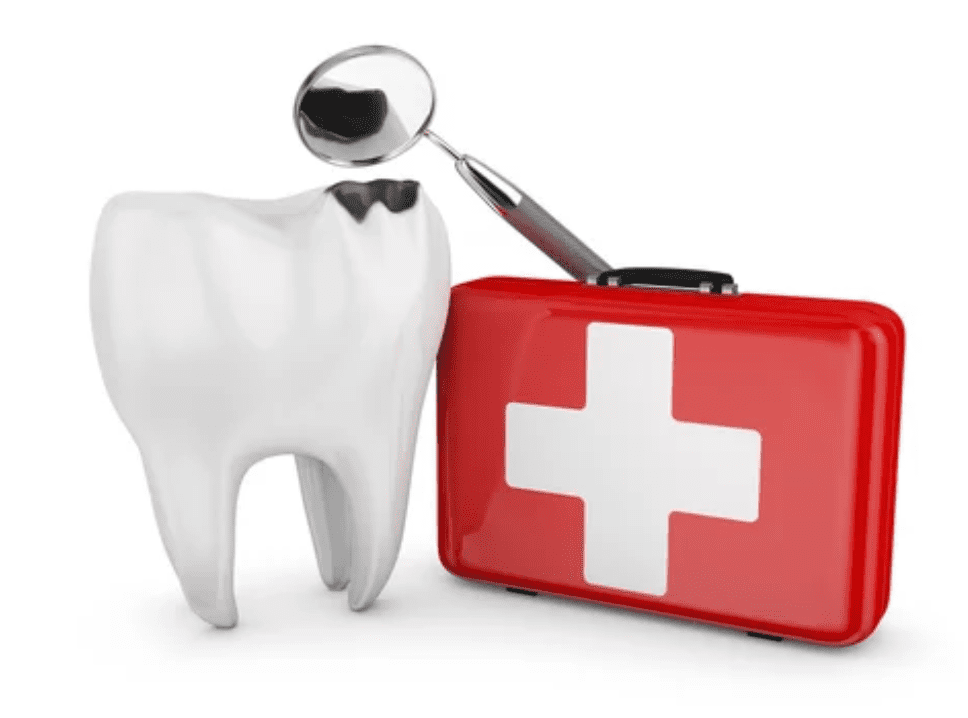Emergencies are everywhere. Some people have plans to prepare themselves for such events. However, not everyone has a plan for dental emergencies. Do you know what qualifies as a dental emergency or what to do?


Knocked-Out Tooth
Accidents happen all the time, especially while playing sports. It is not uncommon for athletes to lose a tooth due to a stray ball or a contact injury. However, if you can get to a dentist quickly, there is a high possibility of saving your tooth.
What to Do
If you can find your tooth, do not touch the root. This is the part that stays underneath your gums. Instead, only handle it by the crown–the white part. Touching the root can damage the nerves, making it difficult to reattach. Instead, gently rinse the tooth with cool water; extreme temperatures can damage the nerves.
The best option is to place the tooth back in its socket. This will keep it safe as you go to an emergency dentist. Importantly, do not try to force the tooth into the socket. You can hurt yourself or damage the root. If the socket is not an option, you can put the tooth between your gums and your cheek. Your saliva is the best medium for keeping your tooth safe and moist. Alternatively, you can place your tooth in a cup of milk during transport.
Remember, you have a small window of time to seek medical attention. You have roughly an hour to get to the dentist. If you are within this window, your dentist can likely save your tooth.
Uncontrolled Bleeding
Having a small cut in your gums is generally nothing to worry about. However, you should seek medical attention immediately if you have uncontrolled bleeding. If you receive a cut or bite to your gums or other soft tissues, it can cause a lot of bleeding. This is because there are many tiny blood vessels in your face that can bleed significantly. Also, contact your dentist immediately if you have an oral surgery that doesn’t stop bleeding or begins bleeding again.
What to Do
For a soft tissue injury, gently rinse the area with water. Next, use a clean cloth and press the wound to stop the bleeding. Continue to apply pressure until you reach medical attention. Deep cuts or bites may require stitches. To help slow or minimize the bleeding, try using a cold compress or an ice pack on top of the cloth.
If you have had surgery, apply pressure to the surgical area with a clean cloth. Then, call your oral surgeon as soon as possible.
Infection
An infection can cause severe pain in your jaw or teeth. Other symptoms include swelling or a fever. Additionally, an infection may leave a bad or sour taste in your mouth. You must seek treatment because an infection can spread to other areas. Also, infections can be deadly if left untreated.
What to Do
If you have an infection, you should seek medical attention immediately. In addition, you may need to take antibiotics or undergo a dental procedure to remove the infection.
